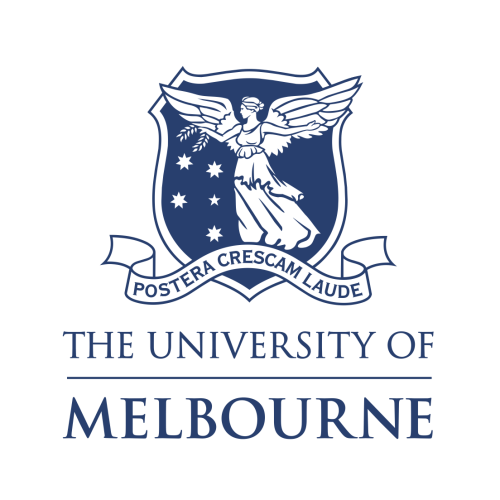HIV research
Alfred Health is a leader in HIV research, with a national and international profile encompassing basic science, clinical research and translational research.
Our research in HIV focuses on clinical trials and observational studies in multiple areas for those with HIV and those at risk of acquiring HIV. The research encompasses basic, clinical and public health research. We collaborate with a wide range of research partners from people living with HIV, community agencies and peak organisations, national and international research institutes, government and industry.
Research areas
HIV prevention
HIV pre-exposure prophylaxis (PrEP) is a daily pill taken by people at risk of acquiring HIV to prevent infection. PrEPX was a multi-state research study that examined how expanding the use of PrEP impacts the rates of new HIV infections in Victoria. South Australia and Tasmania. Over 5000 participants accessed PrEP through the study before it was approved in 2018 for Medicare subsidy. The PrEP X-Plore study is an extension of PrEPX following participants for a further 5 years.
HIV comorbidities
HIV infection, as well as the drugs used to treat it can have long-term impacts on health. These include cardiovascular disease such as high blood pressure, high cholesterol, and cardiovascular events like heart attacks and strokes. Researchers at the Alfred are analysing the cholesterol profile of people living with HIV over time, to describe the impact of different classes of HIV drugs on cholesterol and lipid levels, and also characterise the effect of common cholesterol lowering medications on the lipid profile. Another study led by The Alfred investigated the role of pre-emptive cholesterol lowering medications in preventing for cardiovascular disease.
Bone mineral density loss and osteoporosis is a known side effect of some HIV drugs, and research at The Alfred has explored the impact of immediate versus delayed HIV treatment on the risk of bone density loss. Treatment options in people living with HIV and low bone mineral density are also being studied.
HIV and COVID-19
In collaboration with Living Positive Victoria, Positive Women Victoria, and the National Association of People Living with HIV Australia, researchers at The Alfred have conducted research into the impact of the COVID-19 pandemic on physical, mental and social wellbeing of people living with HIV in Victoria. Consensus recommendations on how to conduct HIV clinical research in during the pandemic have also been published.
HIV cure
Thanks to a long-term partnership between the Department of Infectious Diseases and The Doherty Institute, University of Melbourne, and international collaborations with the University of California, San Francisco, Rockefeller University and the University of Aarhus, Denmark much progress has been made in efforts to understand HIV persistence and strategies towards a cure for HIV.
The Alfred has conducted cutting edge research exploring the role of using PET/MRI imaging
into visualise the HIV reservoir. Deep analysis of lymph node tissue and large volumes of blood have also helped characterise HIV persistence in people living with HIV on suppressive antiretroviral therapy. Patients from The Alfred and Melbourne Sexual Health Centre have been enrolled into studies looking at drugs traditionally used in cancer or other therapies, including vorinostat, immune checkpoint inhibitors and disulfiram, as HIV cure interventions.
This work continues to improve our understanding of HIV persistence and inform new strategies to eliminate HIV. More information about trials currently being conducted in HIV cure at The Alfred can be found here.
Our partners
Publications
Harney BL, Whitton B, Paige E, Brereton R, Weiss R, Membrey D, Wade AJ, Iser D, Kemp W, Roberts SK, Spelman T, Sacks-Davis R, Hellard ME, Doyle JS
(2022), Liver Int, 42(3), 522-531
DOI: 10.1111/liv.15107
Papaluca T, Craigie A, McDonald L, Edwards A, Winter R, Hoang A, Pappas A, Waldron A, McCoy K, Stoové M, Doyle J, Hellard M, Holmes J, MacIsaac M, Desmond P, Iser D, Thompson AJ
(2022), OPEN FORUM INFECT DI, 9(8), ofac350
DOI: 10.1093/ofid/ofac350
Bilal, Hajira; Tait, Jessica R; Lang, Yinzhi; Zhou, Jieqiang; Bergen, Phillip J; Peleg, Anton Y; Bulitta, Jürgen B; Oliver, Antonio; Nation, Roger L; Landersdorfer, Cornelia B
(2022), ANTIMICROB AGENTS CH, 66(3), e02203-21
DOI: 10.1128/aac.02203-21


